Winning program has environmental, social, business benefits
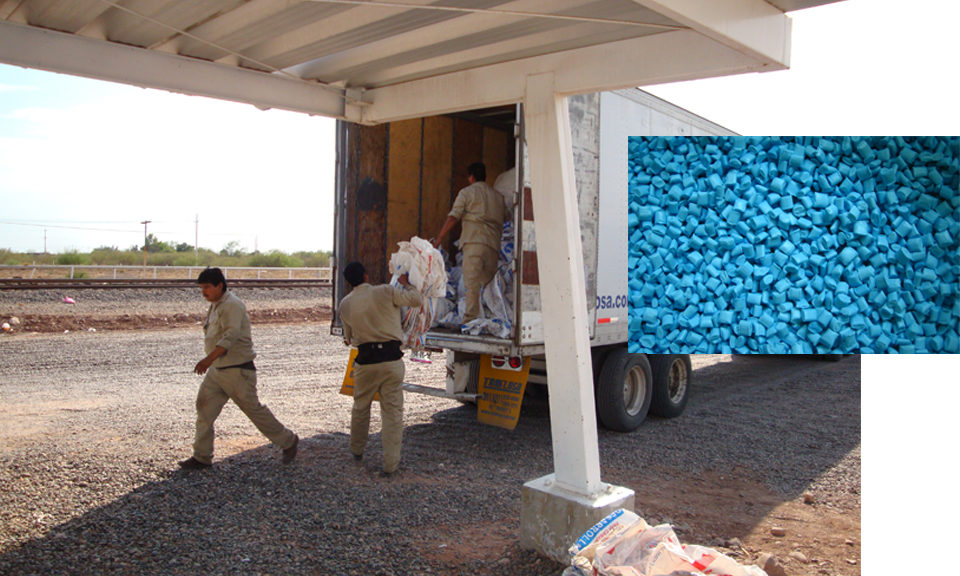
The shrimp-farming industry in Mexico currently uses about 8 million polypropylene bags to distribute shrimp feed to producers between April and September. Historically, 95 percent of these bags have been disposed of as waste, with only 5 percent used in other shrimp farm activities.
Based on the need to better utilize these bags, VIMIFOS, a leading feed manufacturer based in Sonora, Mexico, took on the task of finding an efficient way to turn the problem into an opportunity to create value for this “trash” and establish a program that is friendly to the environment.
The venture would address the problem of trash accumulation at shrimp farms, which helps companies comply with certification practices needed to export to the European Union and United States. Bag sales would benefit local charities. In addition, the program would support recycling and minimize the environmental impacts of aquaculture activities.
Plastic recycling
The first step was to find a company that wanted to buy the bags collected by the program. VIMIFOS contacted several companies that buy and process polypropylene into plastic pellets used for manufacturing recycled plastic utensils. This use changed the concept of bags as garbage, for they instead became raw material for the plastics industry.
The next steps were to develop adequate logistics for the collection of bags and find machinery to compact them into bales that could be efficiently shipped. A collection center was established for the large number of bags produced by the program.
Little by little came the needed tools, and the resulting first shipment weighed 3 mt. At first, the operation lacked a crucial pressing machine, but the bag supplier helped locate a rough but working hydraulic press. In a few months, the next shipment of 13 tons was acquired by companies recycling polypropylene.
This generated a small but symbolic financial return, which was channeled to needy children in the area. The viability of the project was confirmed, and the challenge became how to do it on a larger scale.
Results
Together with its clients, VIMIFOS carried out a major collection of polypropylene bags during the pilot plan in 2009, and in 2010 has set an aggressive goal of bag collection. In the pilot phase, the Santa Margarita, Acuícola Santa Inés, Acuícola Boca, Acuícola 11 de Diciembre, Acuícola Santa Magda and 11 de Diciembre de 1996 farms participated actively.
All the proceeds from sales of recycled bags were donated to the Centro de Atención Integral (Center of Integral Attention), a facility dedicated to providing therapy for special-needs children. The funds will be invested in the construction of facilities for hydrotherapy and music therapy.
Ecologically, the bag program prevented pollution by recycling 1.6 million polypropylene bags, and on the social front, it made a substantial financial donation to a local charity. As a form of value adding toward customers’ compliance with good practices certification, VIMIFOS also strengthened its relationships with clients.
Perspectives
VIMIFOS is very aware of the need to return to nature part of what it has given, so it supports the development of projects that benefit society and the environment. Through its We Want a Healthy Planet program, VIMIFOS made a firm commitment to provide benefits to aquaculture producers, the environment and society in general.
The results achieved so far are encouraging, and in 2010, VIMIFOS is looking to establish the bag program permanently among clients, friends and producers who are not yet involved; to continue reducing industry impacts; develop local recycling culture; promote care of our environment and promote charitable aid to needed sectors of society.
(Editor’s Note: This article was originally published in the July/August 2010 print edition of the Global Aquaculture Advocate.)
Now that you've reached the end of the article ...
… please consider supporting GSA’s mission to advance responsible seafood practices through education, advocacy and third-party assurances. The Advocate aims to document the evolution of responsible seafood practices and share the expansive knowledge of our vast network of contributors.
By becoming a Global Seafood Alliance member, you’re ensuring that all of the pre-competitive work we do through member benefits, resources and events can continue. Individual membership costs just $50 a year.
Not a GSA member? Join us.
Authors
-
Hortensia Acosta
VIMIFOS
Blvd. García Morales Km 9
Esquina Calle Aviación
Colonia La Manga, C. P. 83220
Hermosillo, Sonora, México -
Vladimir Morales
VIMIFOS
Blvd. García Morales Km 9
Esquina Calle Aviación
Colonia La Manga, C. P. 83220
Hermosillo, Sonora, México
Tagged With
Related Posts
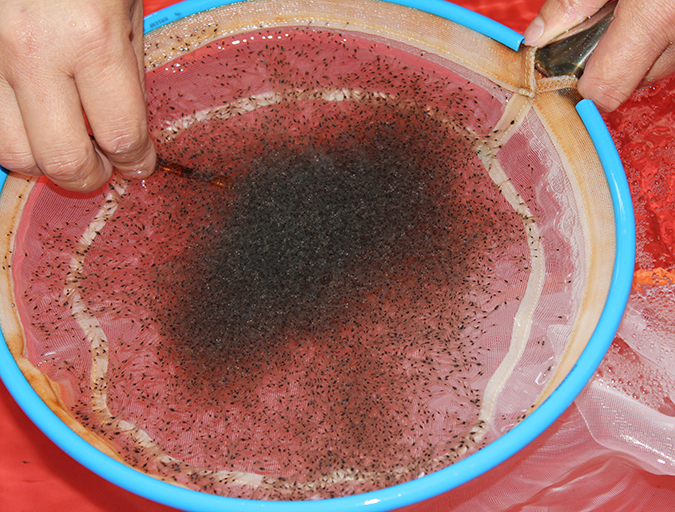
Health & Welfare
Acclimating shrimp postlarvae before pond stocking
Shrimp postlarvae acclimation before stocking into the various growout systems (ponds, raceways, tanks) is a critical – and often overlooked, sometimes taken for granted – step in the shrimp culture process. Various water quality parameters should be changed slowly so that the young shrimp have the time to gradually adapt to the new conditions.
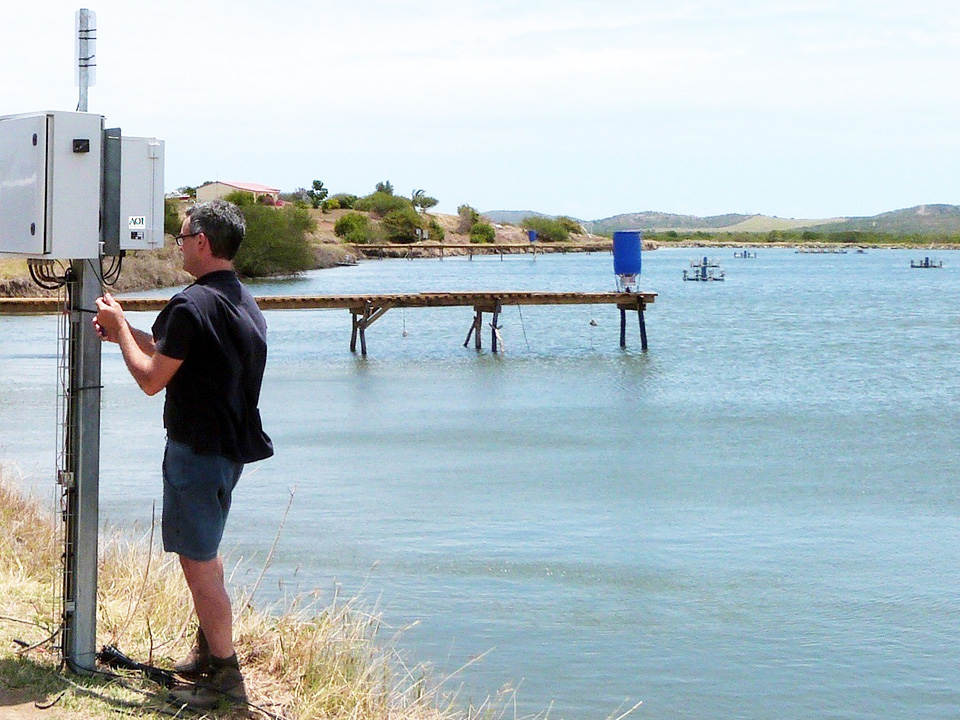
Innovation & Investment
Acoustic control improves feeding productivity at shrimp farms
In systems recently developed for shrimp farms, passive acoustic-based technology enables sensor-based control of multiple automatic feeders. Improved growth and feed conversion have been recorded at commercial farms using the technology.
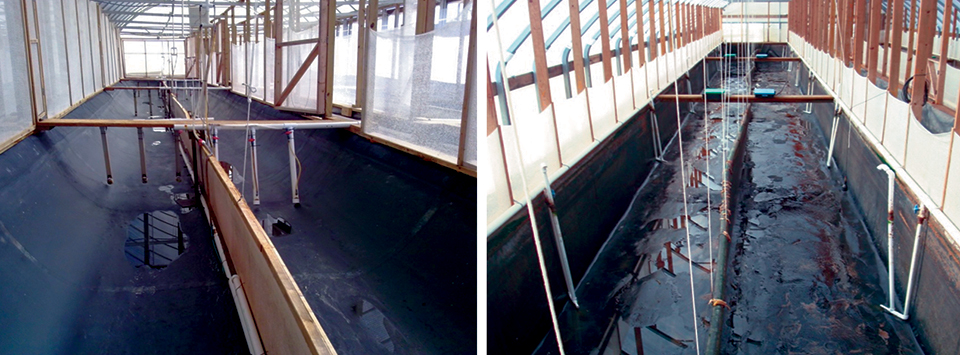
Responsibility
Advances in super-intensive, zero-exchange shrimp raceways
Research at the Texas AgriLife Research Mariculture Laboratory is investigating ways to improve the economic viability of super-intensive raceways for shrimp production.
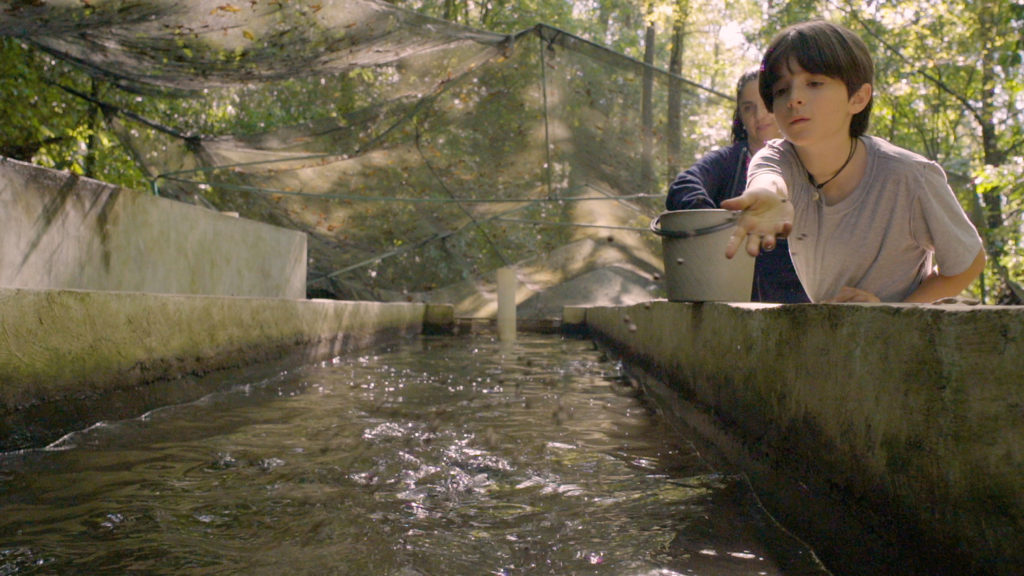
Intelligence
A motive, and a market, for farmed fish in Mexico
Boasting ample areas for aquaculture and a robust domestic demand for seafood – not to mention its close proximity to the U.S. market – a land of opportunity lies in Mexico. Fish farming is primed to meet its potential south of the border.


